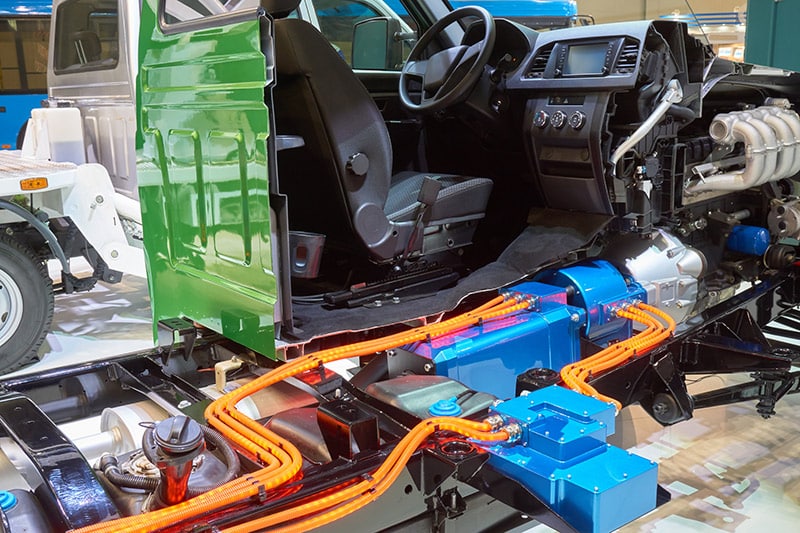
Range Extenders in Electric Vehicles and Emission Certifications
Range extenders in electric vehicles (EVs) are auxiliary systems that enable extended driving range by supplementing the battery with an additional power source, typically a small internal combustion engine (ICE) or an alternative generator such as a fuel cell. These systems activate when the vehicle’s battery charge reaches a low threshold, generating electricity to recharge the battery or directly power the electric motor. Range extenders provide a critical solution to “range anxiety,” the fear of running out of charge, and enable EVs to be more practical for long-distance travel or in areas with limited charging infrastructure.
While range extenders enhance EV utility, they also introduce complexities regarding emissions. Unlike fully battery-electric vehicles, range extenders using combustion engines emit greenhouse gases (GHGs) and pollutants when operating. This has implications for how these vehicles are evaluated and certified under emissions regulations.
In regions like the United States and the European Union, emissions certifications for range-extended EVs (REEVs) consider both the electric-only operation and the emissions generated during range extender use. Regulators often test vehicles in a blended operational mode, reflecting real-world scenarios where the engine periodically activates. Automakers face the challenge of optimizing range extender engines for low emissions and high efficiency to meet stringent regulatory standards.
For certification, key metrics include carbon dioxide (CO₂) emissions, nitrogen oxides (NOₓ), and particulate matter. REEVs are typically evaluated using procedures like the Worldwide Harmonized Light Vehicles Test Procedure (WLTP) or the Environmental Protection Agency’s (EPA) testing cycle. Compliance is critical for automakers to market their vehicles in regulated regions.
While range extenders offer transitional benefits for EV adoption, their reliance on fossil fuels poses environmental concerns. Advancements in cleaner technologies, such as hydrogen fuel cells and biofuel-powered range extenders, are being explored to align REEVs with future emissions targets and sustainability goals.